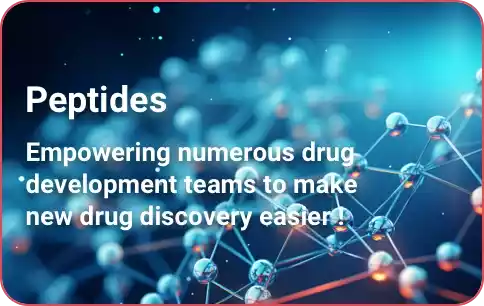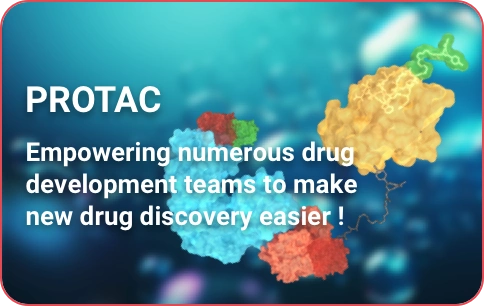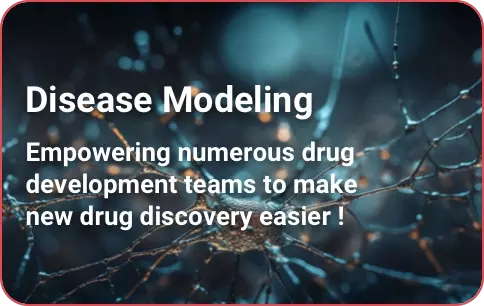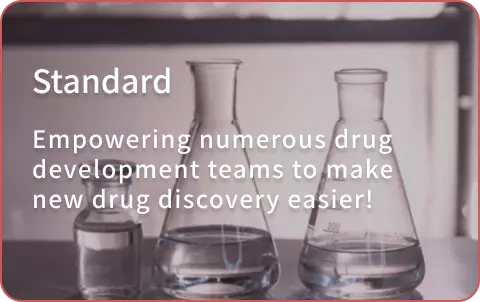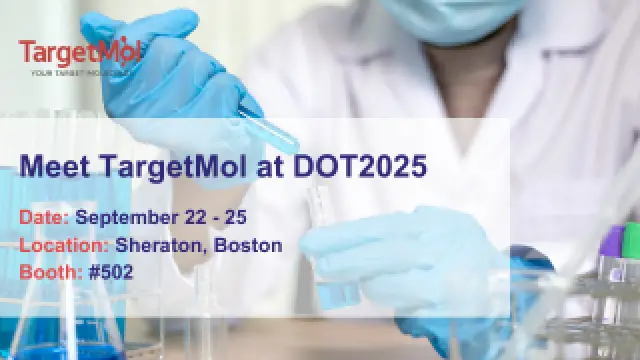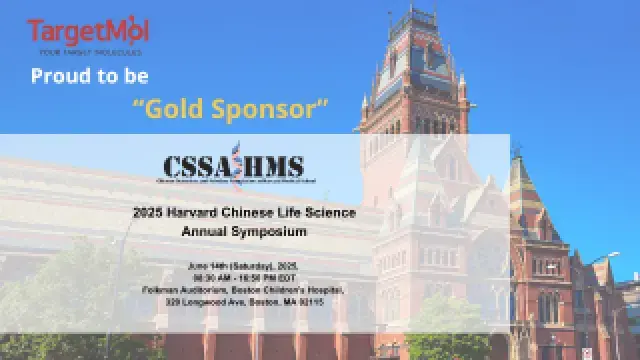 Your shopping cart is currently empty
Your shopping cart is currently empty
Article | 20 Mar 2024
WIKIMOLE—A 83-01 & SB-431542 & SB 202190
By TargetMol

A 83-01, catalog number T3031, also known as ALK5 Inhibitor IV, is an inhibitor of TGF-β type I receptors ALK5, ALK4, and ALK7 (IC50 = 12/45/7.5 nM). A 83-01 promotes the reprogramming of mouse fibroblasts into induced pluripotent stem cells (iPSCs). It can also be used for organoid culture.

SB-431542, catalog number T1726, also known as SB 431542 or 4-[4-(1,3-benzodioxol-5-yl)-5-(2-pyridinyl)-1H-imidazol-2-yl]benzamide hydrate, is a selective inhibitor of transforming growth factor-beta (TGF-β) type I receptor ALK5, with an IC50 of 94 nM. It also exhibits inhibitory activity against ALK4 and ALK7 to some extent, with no inhibitory effect on other proteins. SB-431542 is commonly used for inducing differentiation in stem cells.

SB 202190, catalog number T2301, also known as FHPI, is a selective inhibitor of p38 MAPK. It inhibits p38α and p38β2 with IC50 values of 50 nM and 100 nM, respectively. Additionally, it has demonstrated efficacy in rescuing memory impairments and exhibits anticancer activity. SB 202190 can also be used in organoid culture.
About Organoid
Organoids are cell tissues cultured in vitro that exhibit similar structure and function to real organs. The cells used to construct organoids are mainly derived from induced pluripotent stem cells (iPSCs). These cells can self-assemble to form structures resembling organs such as the cortex, liver, and heart. Reprogramming involves the process of converting terminally differentiated somatic cells into iPSCs. Reprogramming for iPSC-based organoid construction offers a promising approach for disease modeling, drug screening, regenerative medicine, and other fields.
Application
There are many small molecules used in reprogramming, which can be categorized into four types: metabolic regulators, epigenetic modifiers, signaling modulators, and aging inhibitors. In this issue, we introduce three commonly used small molecule signaling modulators in reprogramming:
1) A 83-01 and SB-431542 inhibit the activity of TGF-β type I receptors ALK5/4/7 kinases. TGF-β plays a crucial role in stem cell culture. Stem cells possess active paracrine functions and can secrete a large amount of transforming growth factors through exosomes. TGF-β promotes stem cell proliferation, aiding in the maintenance of their numbers. A 83-01 and SB-431542, as TGF-β inhibitors, are commonly used to inhibit the differentiation of iPSCs and maintain the self-renewal of cells in vitro. A 83-01 is generally used for the culture of gastrointestinal, hepatic, prostatic, and mammary organoids, while SB-431542 is typically used for the culture of lung and inner ear organoids.
2) SB 202190 is a potent p38 MAPK kinase inhibitor that can induce human embryonic stem cells to differentiate into cardiac muscle cells and promote the self-renewal of neural stem cells. It can be used for the culture of gastrointestinal, mammary, and prostatic organoids.
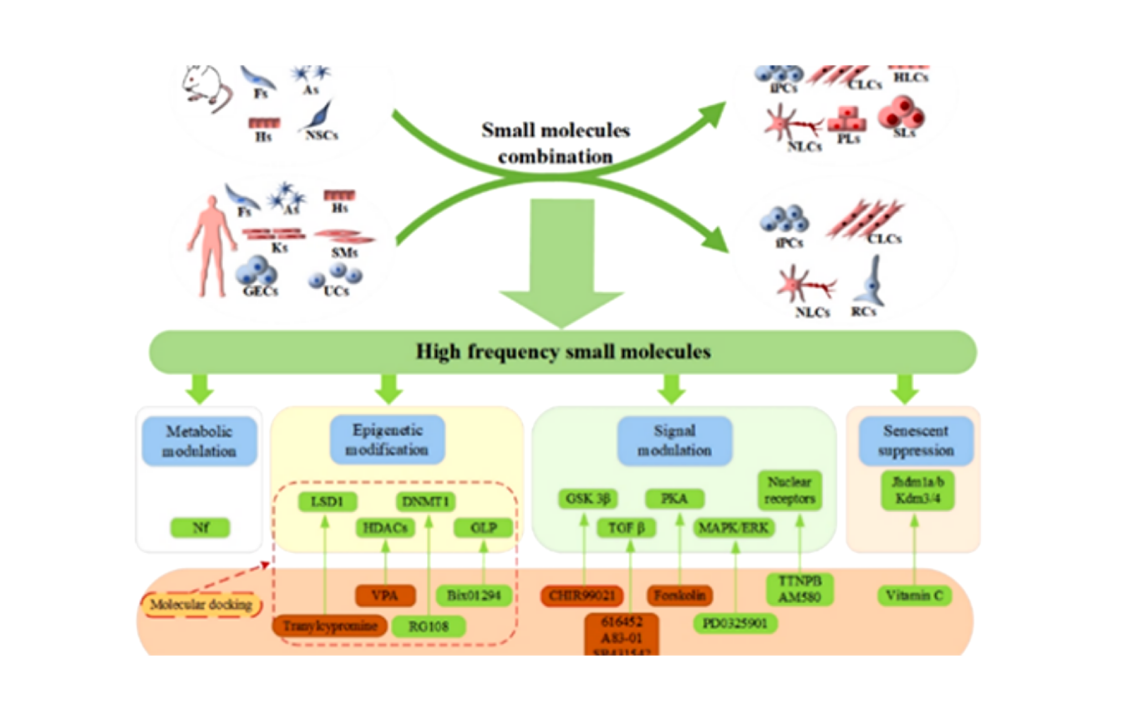
Reference
[1] Zeng J, Li Y, Ma Z, Hu M. Advances in Small Molecules in Cellular Reprogramming: Effects, Structures, and Mechanisms. Curr Stem Cell Res Ther. 2021;16(2):115-132. doi:10.2174/1574888X15666200621172042
[2] He W, Zhu X, Xin A, Zhang H, Sun Y, Xu H, Li H, Yang T, Zhou D, Yan H, Sun X. Long-term maintenance of human endometrial epithelial stem cells and their therapeutic effects on intrauterine adhesion. Cell Biosci. 2022 Oct 18;12(1):175. doi: 10.1186/s13578-022-00905-4. PMID: 36258228; PMCID: PMC9580151.
[3] Fu GB, Huang WJ, Zeng M, Zhou X, Wu HP, Liu CC, Wu H, Weng J, Zhang HD, Cai YC, Ashton C, Ding M, Tang D, Zhang BH, Gao Y, Yu WF, Zhai B, He ZY, Wang HY, Yan HX. Expansion and differentiation of human hepatocyte-derived liver progenitor-like cells and their use for the study of hepatotropic pathogens. Cell Res. 2019 Jan;29(1):8-22. doi: 10.1038/s41422-018-0103-x. Epub 2018 Oct 25. PMID: 30361550; PMCID: PMC6318298.
[4] Costa D, Venè R, Coco S, et al. SB202190 Predicts BRAF-Activating Mutations in Primary Colorectal Cancer Organoids via Erk1-2 Modulation. Cells. 2023;12(4):664. Published 2023 Feb 20. doi:10.3390/cells12040664
Other Articles


Subscription to TargetMol News
An essential round-up of science news, opinion and analysis, delivered to your inbox every weekday.

Copyright © 2015-2025 TargetMol Chemicals Inc. All Rights Reserved.











